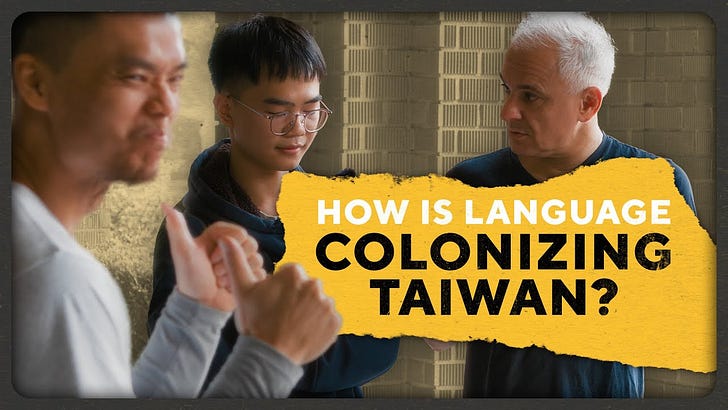At National Taiwan University (NTU), I had a conversation with students about Taiwan's linguistic future. The question at hand: Should Mandarin remain Taiwan's primary language, or is this linguistic dominance eroding Taiwan's unique cultural identity?
Language is not just about communication; it's the lifeblood of cultural heritage and national identity. For many Taiwanese, the prevalence of Mandarin represents a form of linguistic colonization by China, a reminder of decades of oppressive language policies.
The debate at NTU reflects a nation grappling with its identity. While Mandarin offers practical benefits, many argue it comes at the cost of Taiwan's linguistic soul. As one participant poignantly stated, "It's killing everything that makes us Taiwanese." This linguistic struggle is more than words—it's about preserving a unique cultural heritage in the face of China's looming influence and possible military conquest.
The question remains: Can Taiwan find a balance that honors its linguistic roots while navigating the realities of the modern world?



I'm suprised nobody commented on this post. I really enjoyed our conversation and I thought it was culturally important.